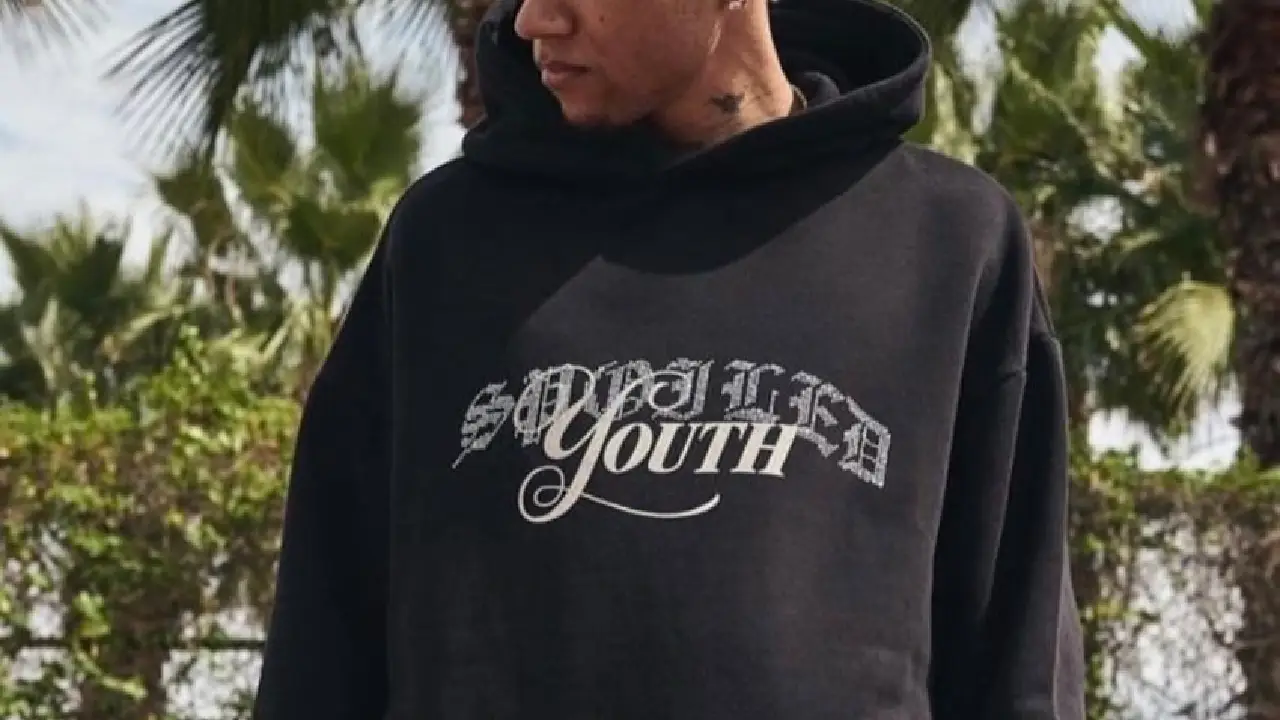Peso Pulli, a traditional woven fabric, holds a special place in the hearts of many communities. Renowned for its intricate designs and rich cultural heritage, Peso Pulli is more than just a piece of clothing—it’s a symbol of identity and pride. Understanding the essence of Peso Pulli allows us to appreciate the artistry and history woven into every thread.
Fabrics Used in Peso Pulli
Traditionally, Peso Pulli is made from natural fibers such as cotton, silk, or wool. These materials are chosen for their durability and comfort, ensuring that the fabric can withstand daily wear while providing warmth and breathability.
Historical Background
The origins of Peso Pulli trace back to ancient times, when artisans meticulously crafted fabrics to reflect their culture and traditions. Over the years, Peso Pulli has evolved, incorporating various influences while retaining its core essence. This evolution showcases the adaptability and resilience of traditional crafts in the face of changing times.
Traditional Weaving Techniques
The weaving techniques used in Peso Pulli are passed down through generations. Artisans employ a variety of methods, including hand-looming and intricate embroidery, to create the distinct textures and patterns that characterize this fabric. Each piece of Peso Pulli is a testament to the skill and dedication of the weaver.
Common Motifs and Patterns
Peso Pulli is known for its vibrant motifs and intricate patterns. Common designs include geometric shapes, floral patterns, and animal symbols, each carrying its own significance. These motifs are not merely decorative; they tell stories and convey messages about the weaver’s culture and beliefs.
Symbolism in Designs
The patterns found in Peso Pulli often have deep symbolic meanings. For example, floral motifs might represent fertility and growth, while geometric shapes can symbolize balance and harmony. Understanding these symbols adds another layer of appreciation for the craftsmanship involved.
Differences Across Regions
Peso Pulli varies significantly across different regions, each with its unique style and characteristics. Some areas might favor bold, bright colors, while others prefer more subdued, earthy tones. These regional variations reflect the diverse cultural landscapes where Peso Pulli is produced.
Unique Features of Each Variant
Each regional variant of Peso Pulli has distinctive features. For instance, some may incorporate specific local plants for dyeing the fabric, resulting in unique hues and shades. These differences make each piece of Peso Pullis a unique work of art.
Role in Traditional Ceremonies
Peso Pullis plays a crucial role in traditional ceremonies and rituals. It is often worn during festivals, weddings, and other significant events, symbolizing respect and reverence for cultural traditions. The fabric’s presence in these ceremonies underscores its importance in cultural heritage.
Use in Contemporary Fashion
In recent years, Peso Pullis has found a place in contemporary fashion. Designers are incorporating traditional elements into modern clothing, creating a fusion of old and new. This blend helps preserve traditional techniques while making them relevant in today’s fashion world.
Influence of Modern Fashion Trends
Modern fashion trends have influenced the way Peso Pullis is designed and worn. Contemporary adaptations include combining traditional fabrics with modern cuts and styles, making Peso Pullis appealing to a broader audience. This evolution ensures the fabric remains fashionable and desirable.
How Peso Pulli is Adapting to Contemporary Styles
Artisans and designers are continuously innovating to keep Peso Pullis relevant. They experiment with new patterns, colors, and materials, blending tradition with modernity. This adaptability is crucial for the survival and growth of this traditional craft.
Initiatives to Preserve Traditional Weaving
Various initiatives are underway to preserve the traditional art of weaving Peso Pullis. Organizations and governments are providing support through funding, training programs, and platforms for artisans to showcase their work. These efforts aim to keep the craft alive for future generations.
Challenges Faced by Artisans
Despite these efforts, artisans face numerous challenges. The decline in demand for traditional fabrics, competition from mass-produced textiles, and the lack of young people taking up the craft are significant hurdles. Addressing these issues is vital for the preservation of Peso Pullis.
Conclusion
In conclusion, Peso Pullis is a vibrant representation of cultural heritage and artistic skill. Its intricate designs and rich history make it a valuable asset to the communities that produce it. By supporting preservation efforts and embracing modern adaptations, we can ensure that Peso Pullis continues to thrive for generations to come.

Average Rating